
Travelling with disabilities – four people share their experiences
Travellers often take pride in difficulties and minor hardships – eating alone in a busy restaurant or finding their way after a few wrong turns – but what if visiting somewhere new was a real physical and mental challenge? Here four Rough Guiders share their experiences of accessible travel and give their advice on going it alone.
“I get embarrassed to ask again and just pretend I understand”
Forida Abdullah, 29, caterer
“When I was younger, I often thought it would be better to be fully deaf so people would understand that I can’t hear them and they would make an effort to help. I was born partially deaf which means I can hear, but I find it hard to understand people, especially if they talk too fast or have a heavy accent.
“I love travelling because it makes me feel independent, but my hearing can affect my confidence. In restaurants, I prefer to have someone else with me so they can order the food as I feel I might get muddled. Sometimes, if I’m talking to someone and I don’t understand what they said, I have to ask them to repeat it, which can make the other person irritated. I get embarrassed to ask again and just pretend I understand.
“When the Oyster card came out in London, I was relieved because I no longer needed to respond to bus drivers. I don’t have that when I’m travelling so I’m forced to try. I think I’m going to start wearing hearing aids soon. I’ve always hated them, but I think it’s time I stopped hiding my disability. That’s the one piece of advice I would give: don’t hide it; ask for help when you need it. Most people – when they realise – will do everything they can to help. They’ll make you realise that you had no reason to feel self-conscious in the first place.”
“Hotels still have a long way to go”
Hetal Jethwa, 34, assistant manager in market research
“I suffer from muscular dystrophy, which leads to muscle weakness and sometimes muscle wastage. My disability makes it very difficult to travel so I stick to places I can visit using my own car. Public transport is a total no no because I find it difficult to use steps or stairs and can lose my balance sometimes. Bus drivers don’t always lower the bus because I look very ‘normal’ and it can be awkward to ask.
“There have been times where my disability has really affected my confidence. Every time it has been mainly because I have fallen over in a public place while travelling. When I fall over I need to be lifted off the ground if there is no chair nearby. This can affect me in different ways, causing embarrassment, physical pain, and a general phobia of travelling and being out of my comfort zone. Travelling is meant to be about spontaneity and fun, but whenever I’m invited somewhere I have to ask some basic questions: Are there any stairs? What is the seating like? Is it low? Will I be able to get up without causing a scene? If any of these answers are negative I won’t even go.
“Hotels still have a long way to go. I search online for pictures to get an idea of what a place is like, but they don’t always have some to aid me. There are websites that help the elderly, but the places featured are catering for them – not someone in their 20s or 30s. I would advise fellow travellers like me to stay strong and try to overcome their fear of new places by starting small. It doesn’t have to be an exotic, faraway land right off the bat – a road trip along the English countryside is a perfectly good place to start.”
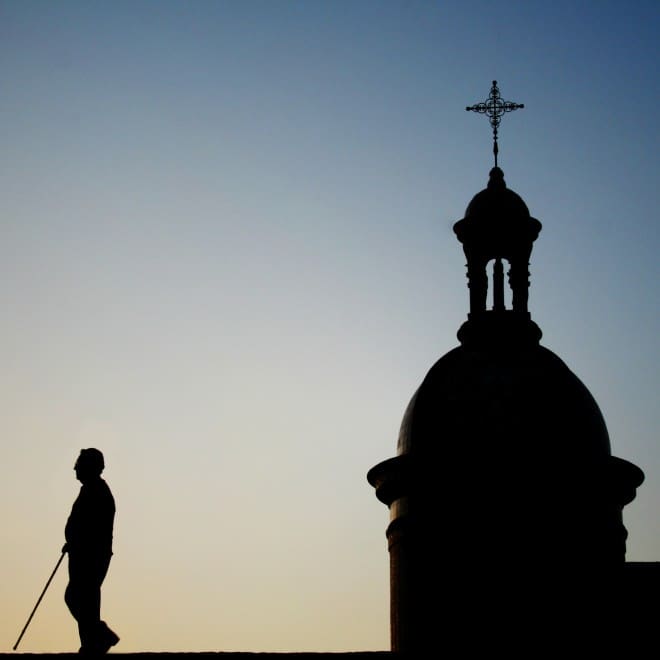 Finding difficulties because of the lack of accessibility is almost inevitable. But knowing how to deal with these difficulties is the success of the trip.
Finding difficulties because of the lack of accessibility is almost inevitable. But knowing how to deal with these difficulties is the success of the trip.
“Making a flight on time is my responsibility – not that of the airline who promised to help, but didn’t show up”
David Fawcett, 48, financial analyst
“One ongoing discussion among us blind folk is whether or not to ask for assistance when travelling independently. In the early days, I always took up an airline’s offer of an escort or motorised cart, but I slowly came to learn that it could be a hindrance rather than help. Sometimes, I was left waiting at a gate for 20 minutes or more. Other times, the person helping me would walk at such a slow pace, I felt like stabbing myself in the leg just to stay awake.
“These days I still accept offers of help, but if the promised assistance is more than 10 minutes late, I just get on with it myself. Making a flight on time is my responsibility – not that of the airline who promised to help, but didn’t show up. This attitude means I’m always in control. I find that if you’re sitting somewhere, people will leave you alone because you look like you’re waiting, but as soon as you’re on the move, they will always offer to help.
“I always give three pieces of advice to travellers like me:
- Never feel bullied into accepting something you’re not comfortable with. I’ve been told that it would be easier to push me around in a wheelchair than have me escorted by a sighted guide and I’ve refused.
- Sometimes, things just go wrong. It’s not because you’re disabled, it’s just sod’s law. Get good at identifying these occasions; it will make you feel less powerless.
- Always check to see if sights and museums do special tours for the blind. I once read about a retired engineer called Rob Gardner who wrote to the Greek consulate and was allowed to walk around inside the Parthenon and touch its stones; something no other tourist had done for about a hundred years.”
“What do I fear more? People staring at me wherever I go or never seeing the world? Undoubtedly, it’s the latter”
Wendy Lim, 32, trainee solicitor
“I was born with a genetic disorder called Crouzon syndrome, which causes abnormal growth in the skull. My head and face are – for want of a better phrase – quite dramatically deformed. Growing up, I was deeply self-conscious about the way I looked – a part of me still is. My eyes ‘pop out’ from my face quite a bit, which makes me look permanently startled.
“When I’m travelling, I get stared at constantly wherever I go, be it a remote village in India or a bustling city like New York. Sometimes, people are curious and ask me questions; other times they can be cruel. I’ve been called dogface, fishface – all sorts. But if you ask me what I fear more, people staring at me wherever I go or never seeing the world, I would say undoubtedly it’s the latter.
“I’ve met victims of acid attacks in India, and the courage of these women is so inspiring. I was born the way I am so there’s an inherent acceptance that comes with that – it was nature’s anomaly. If I had this done to me by someone else, like these women have, I would probably be consumed by bitterness. People like Katie Piper who was the victim of an acid attack in the UK do a lot to raise awareness.
“I also love the Channel 4 program The Undateables, which shows that people with disabilities are like everyone else. We want human interaction, to meet new people, socialise, make friends, eat, drink and laugh. I’ve found no better way to do all this than on the road. Travelling’s not going to change my face, but it has changed my soul. Really corny, I know, but it’s true.”
Source: Rough Guides
Compartilhe
Use os ícones flutuantes na borda lateral esquerda desta página
Siga-nos!
Envolva-se em nosso conteúdo, seus comentários são bem-vindos!
Artigos relacionados
Acessibilidade no transporte aéreo. Atualização das regras.
Acessibilidade no transporte aéreo. Revisão da Resolução nº 280/2013 da ANAC através de consulta e audiência pública.
Inclusão no filme Wicked. Atriz cadeirante chama a atenção.
Inclusão no filme Wicked. Marissa Bode é uma atriz com deficiência na vida real, e sua deficiência não foi um impedimento para a atuação.
Diretrizes da ANPTUR para o Turismo Brasileiro
Diretrizes da ANPTUR para o Turismo Brasileiro. Acessibilidade é um dos capítulos desse importante guia orientador para o turismo.

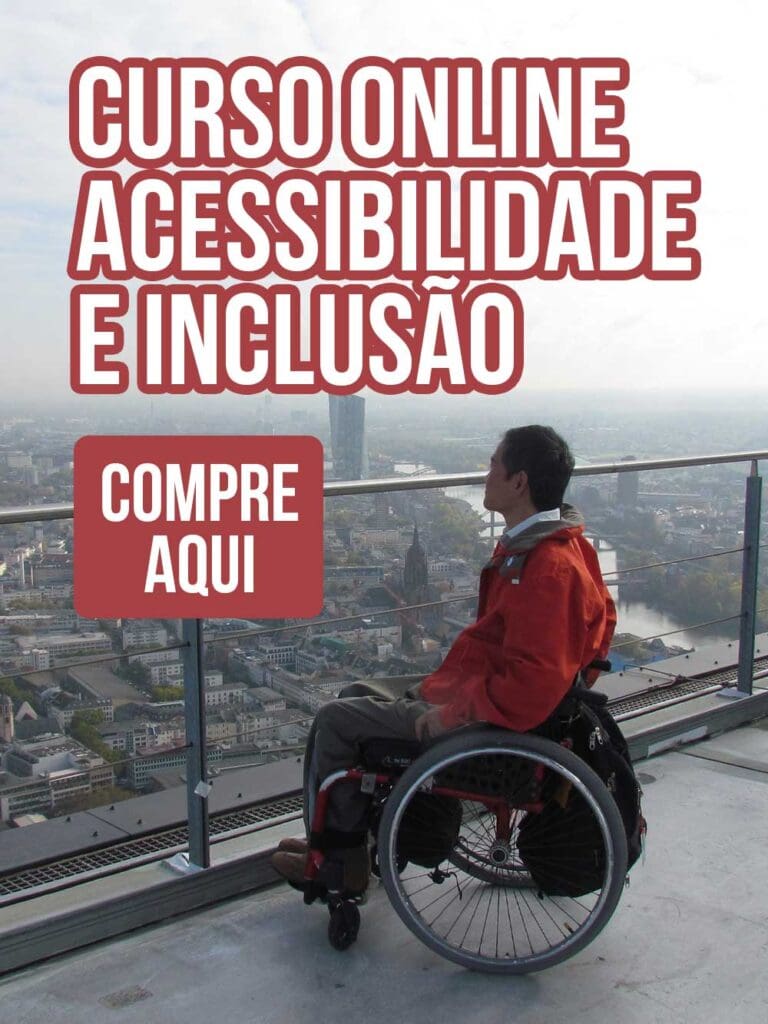
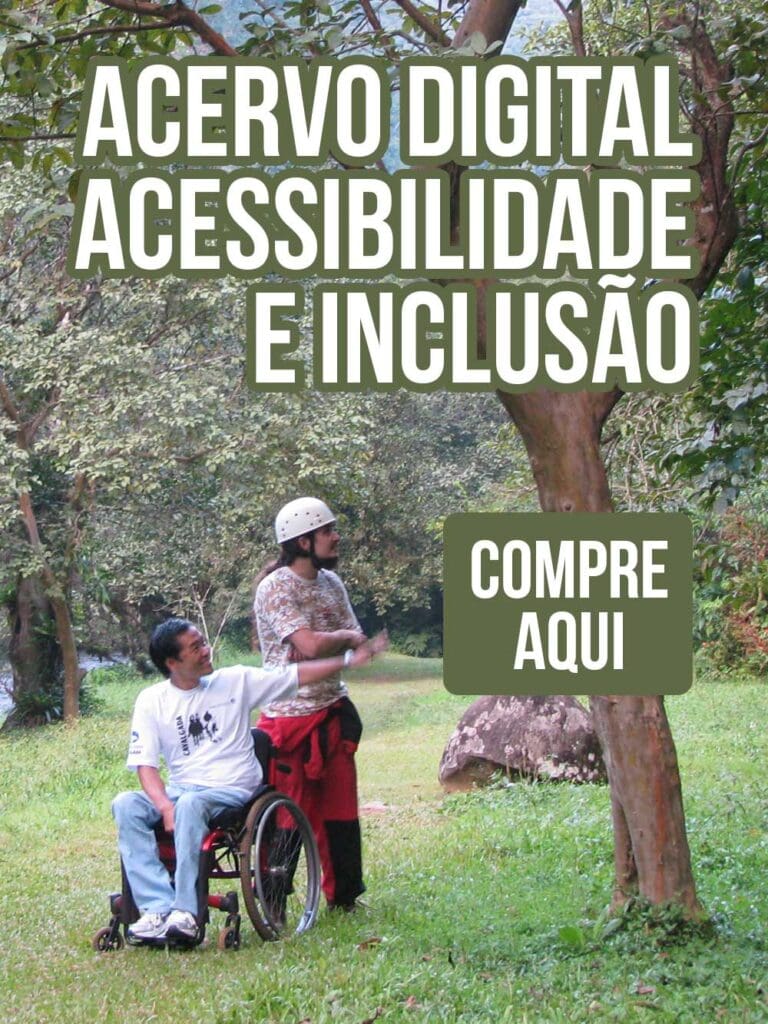
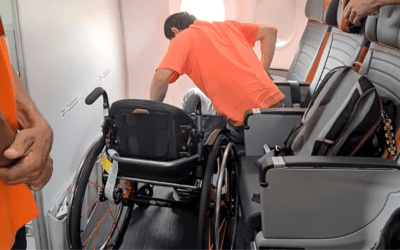
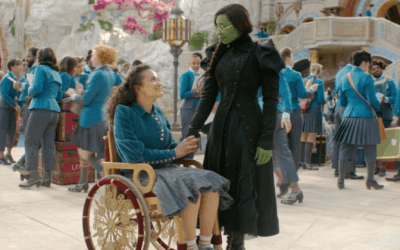
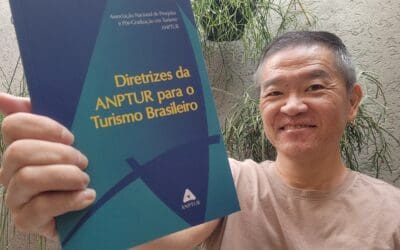
0 comentários